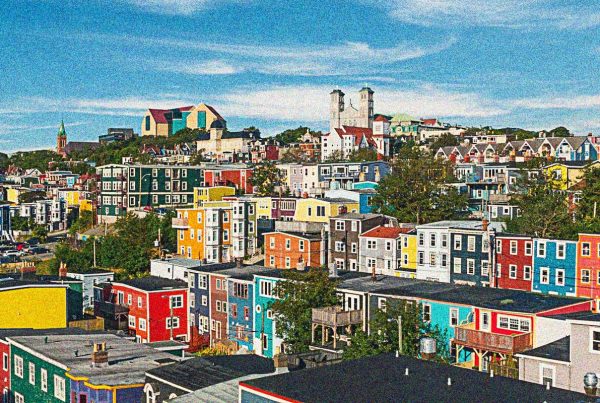On August 26, 2024, CCLA submitted its answer to the Toronto Police Service Board’s request for public input on the overriding principles and key elements that should be a part of a new public order policy on police action in respect of protests, demonstrations and occupations.
In CCLA’s view, this policy is not about any specific point in time, debate, or community group. It is about establishing key principles that will guide the Toronto Police Service’s conduct towards protests both today, tomorrow, and in the long term. This is an important undertaking, as the constitutionally protected rights to freedom of peaceful assembly, freedom of expression and freedom of association are pillars of our democracy. These rights allow everybody in Canada to be heard by people in power and to peacefully advocate for their vision of a better world.
CCLA’s overarching submission is that these fundamental freedoms should be at the center of the Board’s considerations when developing the policy. This requires meaningful acknowledgement that the Service, as all state actors, has a duty to facilitate peaceful assembly and to protect freedom of expression and association for everyone in Canada. Such acknowledgement starts by presuming that every protest is peaceful – unless there is compelling evidence to the contrary – and should not be limited.
Accordingly, CCLA’s position is that the Service’s decision-making process around protests should focus on collaboration, the prevention of tension, and the promotion of de-escalation. The use of force should be avoided as much as possible. If detention or arrest is necessary, justified and lawful, the Service should ensure the Charter rights of people involved will be upheld in a timely manner.
The Policy should also require that the Service be accountable to the diverse communities that inhabit the City of Toronto. This includes identifying (through consultations) and meeting the needs of marginalized groups that take part in protests.
Finally, the Policy should highlight the importance of the Service respecting protestors’ privacy rights. That includes refraining from engaging in mass surveillance in the context of protests.
About the Canadian Civil Liberties Association
The CCLA is an independent, non-profit organization with supporters from across the country. Founded in 1964, the CCLA is a national human rights organization committed to defending the rights, dignity, safety, and freedoms of all people in Canada.
For the Media
For further comments, please contact us at media@ccla.org.





